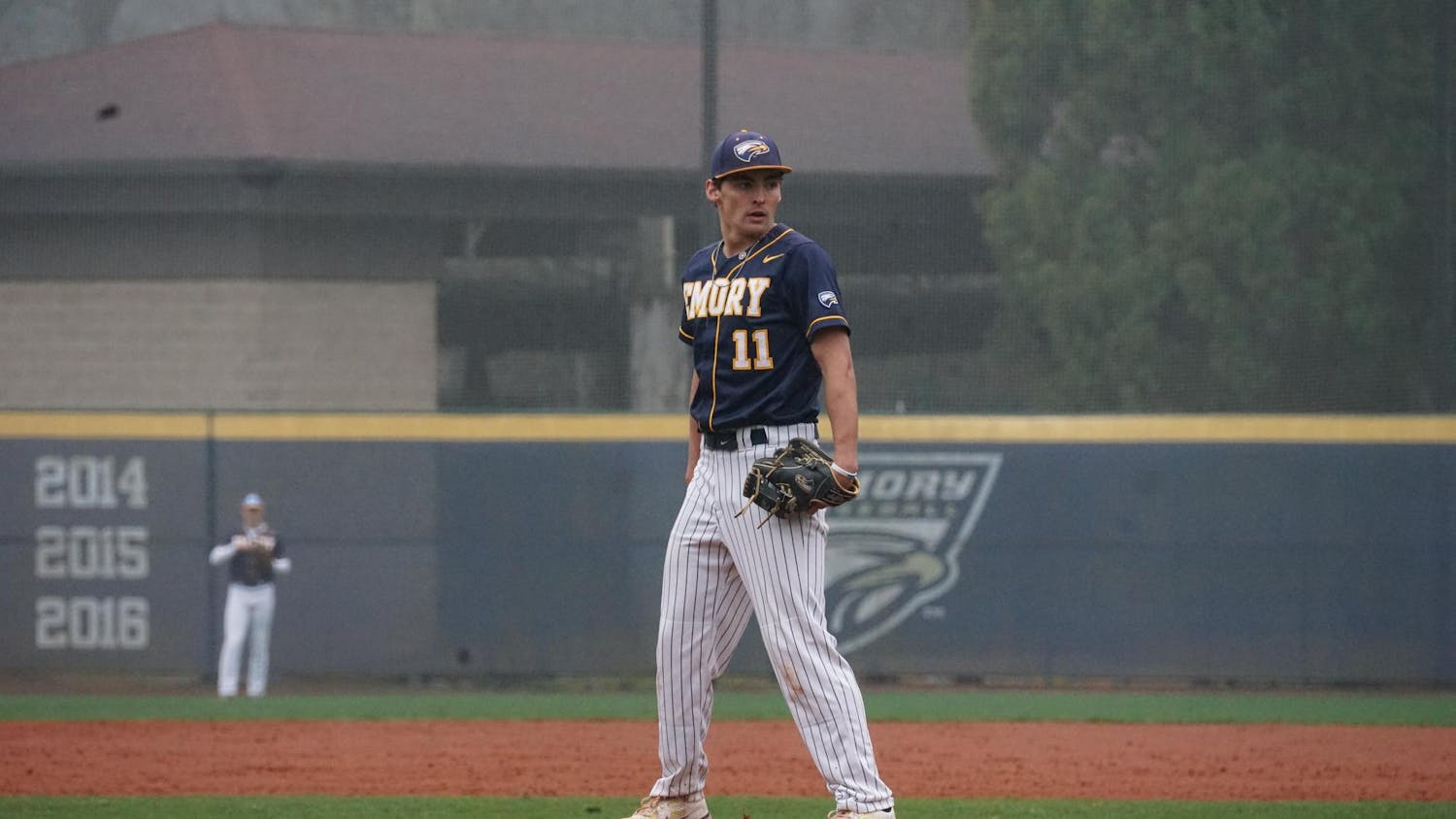On Sept. 30, California governor Gavin Newsom signed the bipartisan Fair Pay to Play Act into law, paving the way for NCAA athletes to profit off of endorsement deals starting in 2023. The act garnered support from collegiate and professional athletes but drew criticism from the NCAA, its conferences and schools.
The bill will allow college athletes in California to hire agents and to sign endorsements that don’t conflict with the school’s own endorsements; for example, a player cannot sign a shoe deal with Nike if the school already has a shoe deal with Adidas. Further, it grants athletes the opportunity to promote companies and products as well as make money off of their own YouTube channels.
The act, which is the first of its kind, will fundamentally change the dichotomy between the NCAA and its athletes. But is paying athletes the right move, and how might it play out once its implemented?
Those in favor of the bill celebrate California’s decision to stand up to the NCAA and grant athletes a chance to earn their fair share of cash. The NCAA is a $14 billion industry who owes its profits largely to the incredible athletes, like former Duke men’s basketball star forward Zion Williamson. He was so electrifying that fans were willing to pay top dollar to watch him compete. So, it’s not hard to see why many think athletes should be able to profit off of their contributions to the industry.
On the other hand, many, but not all, student athletes playing for Division I or II schools are given partial or full athletic scholarships; Division III schools are prohibited from offering athletic scholarships because they prioritize academics over athletics. Since colleges exists for the purpose of earning a degree rather than a paycheck, many believe paying athletes would undermine the nature and purpose of postsecondary education.
Additionally, paying amateur athletes would fundamentally change the way we look at the term “professional.” Right now, if an athlete earns a salary playing a sport, they are considered professionals at that sport. If college athletes are paid, would they still be considered amateurs, or would they be professionals and therefore barred from collegiate competition per the NCAA definition?
Regardless, I don’t think we can determine the value of paying athletes until we see the effects. I’m more concerned about the pay discrepancy between sports and gender that will inevitably result from this bill.
Football and men’s basketball are the NCAA’s biggest sources of revenue, with no other sport even particularly close. The average Division I school makes almost $32 million per year from football and over $8 million from men’s basketball. Obviously, football and men’s basketball players will have the opportunity to earn more money. While that fact is understandable and unavoidable, it’s hard not to take issue with the fact that the top softball player at a Division I school will make much less than a fringe-starting football player at the same school.
While the pay discrepancy between sports will be large, the difference between genders will be even larger, given the already large gap in revenue between men’s and women’s sports, according to the 2017 edition of the NCAA Revenues and Expenses report. Title IX, the federal law prohibiting colleges and universities from discriminating against students on the basis of sex, ensures that male and female athletes in California will have equal opportunity to earn compensation for their labor. The problem is that although each athlete will have the same opportunities, they will not earn nearly the same pay. This, too, is understandable, but is likely to generate a host of issues similar to the U.S. women’s national soccer team’s fight for equal pay.
Consider a situation in which women’s basketball team at a Division I school is more successful than its male equivalent. But, because of the revenue discrepancy between men’s and women’s basketball, the men’s team will have the opportunity to earn more money despite being worse. Is it necessarily fair that a more successful team and its players make less than a worse team? That’s not for me to decide, but it goes to show the unintended consequences of a bill like the Fair Pay to Play Act could have.
Should we be paying college athletes? In all honesty, I’m not sure. There are strong arguments on each side that make it difficult to be for or against the bill. But I applaud California for taking initiative on this long standing issue. Fortunately, this act originated in a single state, so if its negative effects outweigh its positives, it won’t affect every athlete in the country.









